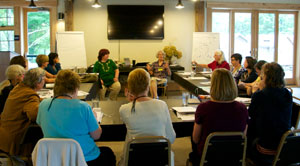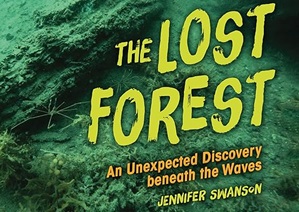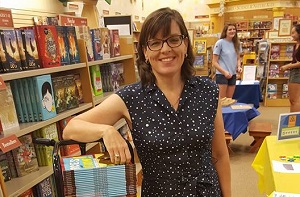Peter P. Jacobi, the late journalism professor, was faculty for our Summer Camp in Nonfiction every year. He offered some things to consider when doing the hard-but-satisfying work of writing nonfiction.
To forge winning nonfiction copy, don’t leave your imagination at home or at rest.
One must work with facts versus make-believe, of course, but a nonfiction writer has as much of an opportunity to be creative as those who focus on fiction. The task simply requires stretching your imagination, applying vision, pumping desire, and engaging in a significant amount of hard work, from researching to structuring to writing and to editing.
Yes, hard work to prove there are no boring subjects, just lots of bored writers. Hard work to captivate your reader with style and story, with the best of information enriched by writing that lifts copy off the page and flings it into your reader’s mind and heart.
You must consider how to:
- Achieve the big C: clarity.
- Make the most of narration, description, and exposition.
- Master both “show” and “tell,” that way to best serve your readers.
- Strengthen your language through use of nouns and verbs.
- Improve the continuity and flow in your writing.
- Write for the eye and ear.
- Maintain focus and context and perspective.
- Make best use of your own knowledge and experience, along with the details you discover from your research and reporting.






